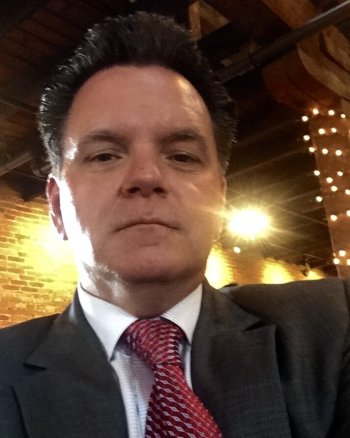Not too long ago, AI was the topic of futuristic movies. What was once a fictional draw at the Box Office is now a reality in offices worldwide. AI is everywhere and rapidly transforming the way we work. What remains scarce though is the technical talent in healthcare to see this tech revolution through.
AI is quickly expanding into the technical infrastructure of the U.S. healthcare system. Its transformative potential is incredibly promising, from enhancing clinical workflows and streamlining administrative and payment processes to extracting life-saving insights from EHR data and genomic research. As the trust in AI grows, so does its perceived value in the healthcare space.
A July 2020 Intel survey of U.S. healthcare leaders found that 84 percent of respondents have already deployed or expect to deploy AI into their clinical workflow. Additional findings from Intel conclude that the top areas of application for AI in healthcare would be predictive analytics at 94 percent, and clinical decision support and cross-specialty collaboration to improve patient care, both at 92 percent. But healthcare’s embracement of AI also comes with fears, including improper implementation and underperformance. These noted obstacles make AI executive recruitment even more critical for future solution developers in digital health.
Recruiting already sought-after AI talent can be quite an undertaking, especially for emerging developers who must compete with tech giants like Google, Apple and Microsoft. Young companies and startups don’t need tons of cash to attract the right talent. What they need is a strategic plan and guide—one that’s deliberate, intentional and honest.
Continue reading: https://hitconsultant.net/2021/08/18/guide-hiring-ai-talent-digital-health-biotech-life-sciences/#.YR0brIhKg2w
AI is quickly expanding into the technical infrastructure of the U.S. healthcare system. Its transformative potential is incredibly promising, from enhancing clinical workflows and streamlining administrative and payment processes to extracting life-saving insights from EHR data and genomic research. As the trust in AI grows, so does its perceived value in the healthcare space.
A July 2020 Intel survey of U.S. healthcare leaders found that 84 percent of respondents have already deployed or expect to deploy AI into their clinical workflow. Additional findings from Intel conclude that the top areas of application for AI in healthcare would be predictive analytics at 94 percent, and clinical decision support and cross-specialty collaboration to improve patient care, both at 92 percent. But healthcare’s embracement of AI also comes with fears, including improper implementation and underperformance. These noted obstacles make AI executive recruitment even more critical for future solution developers in digital health.
Recruiting already sought-after AI talent can be quite an undertaking, especially for emerging developers who must compete with tech giants like Google, Apple and Microsoft. Young companies and startups don’t need tons of cash to attract the right talent. What they need is a strategic plan and guide—one that’s deliberate, intentional and honest.
Continue reading: https://hitconsultant.net/2021/08/18/guide-hiring-ai-talent-digital-health-biotech-life-sciences/#.YR0brIhKg2w

